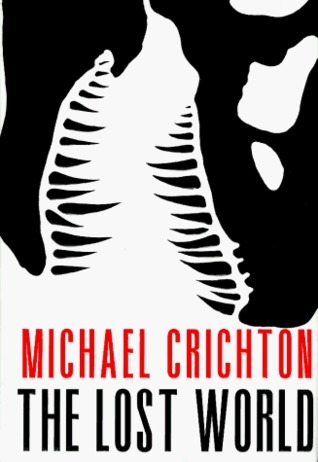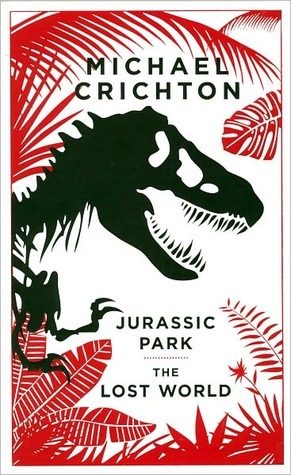
The Lost World
Book Description
Dinosaurs are not just a past that’s buried; they might still roam the earth. In 'The Lost World,' a daring expedition braves the treacherous landscapes of a hidden island, where ancient giants and cutting-edge science collide. As tensions rise and danger lurks in every shadow, relationships fracture and alliances shift. Survival becomes a race against time as secrets unfold, revealing that not all monsters are prehistoric. When the hunt becomes a fight for survival, the question remains: who will escape the jaws of treachery and who will become part of the lost world forever?
Quick Book Summary
In Michael Crichton's "The Lost World," a sequel to "Jurassic Park," a team of scientists and adventurers ventures to Isla Sorna, an isolated island where genetically recreated dinosaurs live in the wild. Hidden from the world, this "lost world" quickly becomes a perilous arena where natural instincts and human ambition clash. As the expeditions from rival groups intensify, the visitors grapple with nature's unpredictability, the ethics of genetic engineering, and personal survival in the midst of lethal predators. Relationships are tested and alliances are forged and broken amid escalating crises. Ultimately, the thriller explores humanity’s arrogance in manipulating nature—and the dire consequences that follow.
Summary of Key Ideas
Table of Contents
The Ethics and Consequences of Genetic Engineering
Following the events of "Jurassic Park," rumors arise that dinosaurs still exist on Isla Sorna, an island used by InGen as a secondary site for genetic experiments. Dr. Ian Malcolm, whose skepticism previously cast doubt on the park's safety, is drawn back into the world of prehistoric danger when he learns of the island’s untamed population. He assembles a team—paleontologist Sarah Harding, engineer Eddie Carr, and accompany two stowaway children—to investigate and document the dinosaurs in their natural habitat. Their scientific curiosity is weighed against the inherent peril of an ecosystem dominated by predators.
Survival Instincts and Human Nature Under Threat
As the expedition unfolds, a rival team representing corporate interests arrives, seeking to exploit the island’s living dinosaurs for profit. The presence of two groups with opposing motives heightens tension, placing everyone at increased risk. Both teams quickly discover that their advanced technology is little match for the cunning instincts of the island's inhabitants. The crisis escalates once the dinosaurs, free from containment, disrupt every plan. The characters are forced to rely not on machinery, but on wits, adaptability, and teamwork for survival against nature’s lethal power.
The Uncontrollable Power of Nature
Throughout their ordeal, the members of Malcolm’s group must confront profound ethical dilemmas. The realization that humanity’s attempt to control and commodify genetic life has backfired deeply impacts their perspectives. Crichton delves into the perilous intersection of scientific advancement and moral responsibility, underscoring how genetic manipulation’s consequences cannot be fully predicted or contained. The novel critiques the hubris of believing that technological progress entitles humanity to dominate nature.
Shifting Alliances and Trust in Extreme Circumstances
Personal tensions simmer as personalities clash under pressure. Trust becomes a scarce commodity as hidden agendas and fear of betrayal emerge. Willingness to work together is repeatedly tested by shifting priorities, the ever-present physical danger, and the unpredictability of the dinosaurs. Alliances, both forced and voluntary, prove crucial to survival, yet the cost of mistakes is often fatal. The ordeal exposes both the best and worst instincts in the human participants.
The Collision of Science and Hubris
Ultimately, "The Lost World" serves as both a gripping adventure and a cautionary tale. It reminds readers that in the face of primal forces—whether animal or human—preparedness and humility may decide who escapes and who is claimed by the lost world. The survivors leave the island irrevocably changed, carrying lessons about respect for nature’s complexities and the dangers of unchecked scientific ambition.
Download This Summary
Get a free PDF of this summary instantly — no email required.





